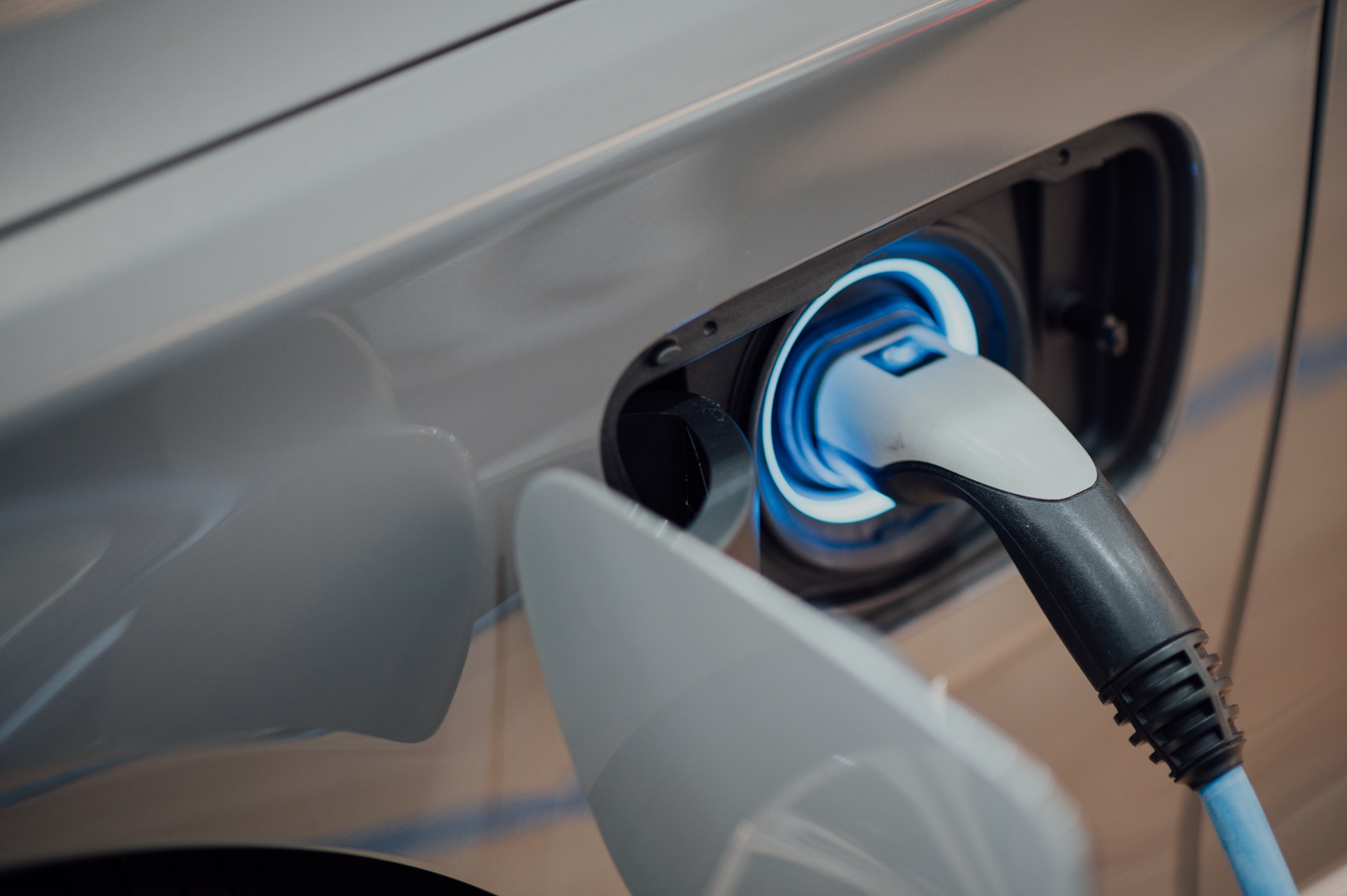The grant for buyers of new electric vehicles (EV) is expected to remain unchanged in the coming year, even as its disbursement has become subject to long delays and sellers are quoting lead times ranging from a few months to two years between the date of order and a car’s arrival.
The grant is currently set at €11,000, with the potential of a €1,000 add-on for those scrapping their previous vehicle. The amount of the grant was revised last year, increasing from the previous €8,000, as part of the Government’s push to electrify the national fleet in order to meet the country’s emissions targets.
Calls made to autodealers around the country indicate that all eyes are on Monday 24th October’s presentation of the 2023 Budget to see whether there will be any update to the current rules.
For buyers, the time it takes to receive the grant has recently been put in the spotlight, as persons who bought their EV in April 2022 are still waiting to receive the grant six months on.
On the scheme’s webpage, the time for the delivery of the grant is estimated to be four months, though the relevance of this timeframe has been called into question.
In previous years, the grant could be received in as little as two weeks, whereas towards the beginning of 2021, buyers typically received it in two months, according to EV owners speaking to BusinessNow.mt
Writing on the Facebook Group Electric Vehicles Malta Community, one EV owner said that Transport Malta is quoting the time for delivery of the grant to be four to six months after approval of the application – after waiting over three months for the approval to arrive.
The issue, stakeholders speaking suggest, might be how the funds allotted for the grant scheme are being made available to Transport Malta to disburse.
In previous years, the grant scheme “always” ran out, according to a sales representative, though this does not seem to be the case in 2022, “as otherwise there would have been an announcement”.
The representative added that “simply fixing” the long delay to receive the grant would immediately increase demand for EVs.
Meanwhile, actually finding an EV available for purchase is a task in itself. Sellers of many makes, including Opel, Fiat, Hyundai and Peugeot, are currently taking orders for between March and May of 2023 – a lead time of between five and seven months. For BMWs, the quoted lead time is of 10 months, and for Volkswagens, an astonishing two years.
These times reflect wider issues in automotive manufacturing, which has been hit particularly hard by the supply chain crisis being felt in the aftermath of the COVID-19 pandemic.
As a multinational industry reliant on the manufacture of a multitude of parts in different locations brought to a single assembly point, vehicle manufacture has suffered has been slow to recover from the disruption caused by the pandemic.
European Parliament adopts regulation making it easier for companies to be paid on time
The maximum credit term under the new Late Payment Regulation is to up to 120 days, for some sectors
French ATC strike forces Ryanair to cancel over 300 flights, affecting 50,000 passengers
The low-cost carrier is demanding the EU carries out reforms to ensure travel continues undisrupted
Valletta ranks 8th most expensive European capital city to live in – study
While London is the most expensive, Bucharest is the most affordable






